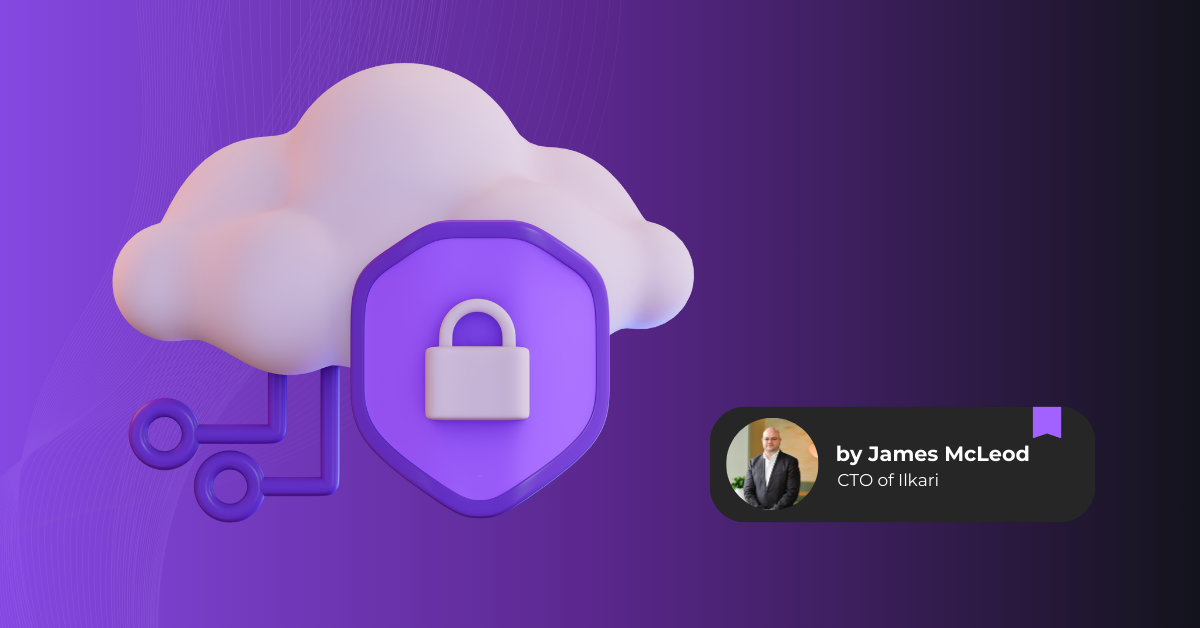Okens Insights
Search
About OI
OI – Okens Insights is a monthly, perfectly curated and short newsletter with tips on how to secure your brand online with the latest domain trends that can help you protect your digital territory. Subscribe to OI.

The Cost of Inaction
Why domain neglect could be costing you more than you think Most companies don’t think about their domain names until something goes wrong. A domain expires unexpectedly. A critical site goes down. A bad actor buys a lookalike and redirects traffic. Or worse—customers lose trust after a phishing scam that could have been prevented. The … Read article

Three reasons why the sovereign cloud benefits iGaming operators
By James McLeod Why iGaming needs a new cloud model In iGaming, success hinges on control—of data, costs, and compliance. Yet many operators are locked into public cloud environments that make true control difficult. The sovereign cloud offers a powerful alternative. 1. Predictable cost management Unlike the public cloud’s elastic but often unpredictable billing model, … Read article

Three Minutes With… Agnieszka Werte, Head of Product at Ilkari
Interview by Jennifer Kite-Powell, Head of Content at Okens and Ilkari At Ilkari, our products aren’t just built—they’re shaped by a mission: to give people full control over their digital lives. So, who better to talk to than the person making that mission real every day? I sat down with Agnieszka Werte, our Head of … Read article

Making a safe bet with colocation in the iGaming universe
This post was published by Ilkari, our parent company, on November 14, 2024. By Bob Wright, Chief Data Centre Officer, Ilkari Bringing data sovereignty to iGaming The online gaming industry has grown dramatically this century. Smartphone technology, the rise in cloud gaming, and regulated online casinos have fuelled the expansion of what we call iGaming. … Read article

Three Minutes With Juan Aguirre, Chief Commercial Officer, Ilkari
In our latest Three Minutes With, Juan Aguirre, Chief Commercial Officer of Ilkari and Okens’ leadership team, spoke with Jennifer Kite-Powell, Head of Content at Okens. Juan shares his insights on how vital control and privacy are to your business, the challenge iGaming operators face with control and how technology can change the game for … Read article

Okens Domains triples service offering for iGaming operators
This is a big day for Okens Domains. We not only became part of Ilkari – a sovereign technology company, but we also tripled our product offering for iGaming operators. Their investment and belief in our domain offering will enable us to bring sovereignty and privacy to iGaming operators’ digital assets and infrastructure. We know … Read article

Three Minutes With Greta Norkute-Simanauskiene
In our latest Three Minutes With, Greta Norkute-Simanauskiene, account manager at Okens Domains, spoke with Jennifer Kite-Powell, Head of Content at Okens. Greta is on a strategic mission to help customers navigate increased domain threats to protect their brand and ensure domain management challenges don’t disrupt her customers’ business operations. Jennifer Kite-Powell (JKP): Greta, I … Read article

Mistake of the Month: Don’t get double vision
When choosing your domain, there is always a lot to consider. You have to consider your expansion globally, ensure your brand is secure, and consider cybersquatting and the threats of domain name hijacking. In this month’s mistake of the month, we are going down a rabbit hole to discuss the threats of domain name spellings … Read article

King of My Domain
Hey! You’re about to get your domain set up—awesome! Now, let’s make sure it’s secure so you can sleep easy at night. Your brand is established, and much of your future revenue may come from your website. So now, your domain immediately becomes a target for impersonation, infringements and misuse. Ensuring your site’s security is … Read article

Expired Domain Name Search is Here
Get ready to search for expired domains There is a lot going on in the digital world. Between dodging cyber criminals, domain name hijackers, and those pesky cybersquatters, we know that your plate is full. We also know that you want to maximize your domains and get the domains you want, even the expired ones. … Read article
Get in touch
Contact us to get started
